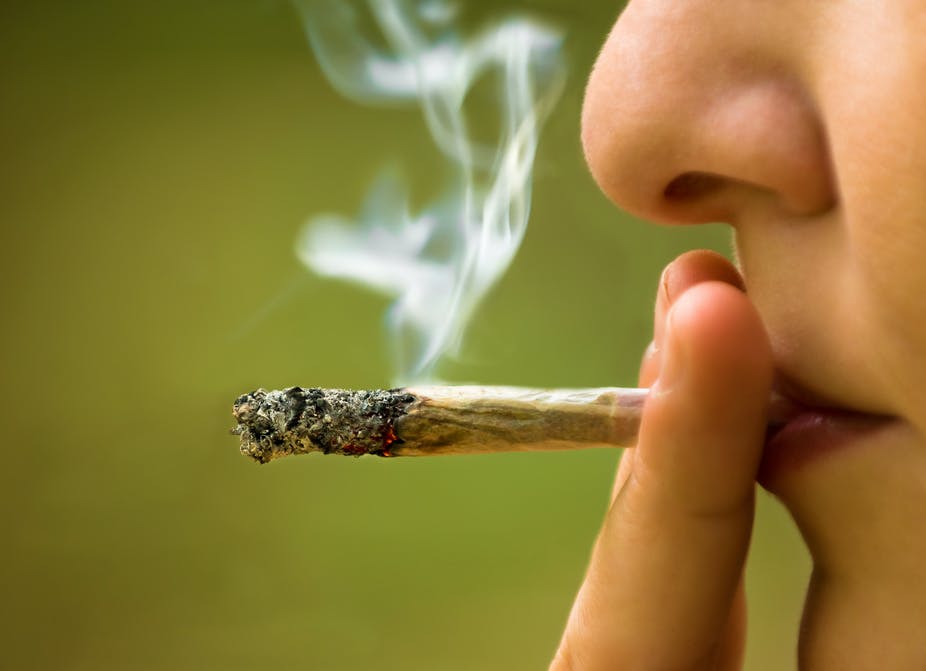
Addiction to drugs is characterized as a chronic disease. It has a strong relapsing nature. People think that this disease is untreatable but it’s a myth. It is completely treatable. This disease is related to brain functioning. It involves the compulsive use of drugs by the individual that causes hazardous consequences. The structure of the brain alters and the entire functioning changes. Like heavy and oils foods disturb the functioning of the human heart; in the same way; the drugs disturb the functioning of the brain.
Drugs have a chemical composition that interrupts the functioning of nerve cells. These cells are responsible for communication with the brain. The drug causes the production of dopamine that gives a delightful experience to the user. This feeling compels the drug user to repeat the action and feel good again. Later on, the user is not able to enjoy the same amount of drugs. He will use an increased amount to satisfy himself. The drugs take the addict to a state where he no longer cares about his loved ones, family, or friends. All he needs is drugs and a silent corner to enjoy the impact. Drugs disturb the overall health of the user from every little aspect. His social relationships are destroyed. To get rid of such a situation help out the addict by taking admittance to detox and drug rehab recovery center. The treatment plans will offer a complete recovery plan to get back to the healthiest life. Find more info.
When the process of addiction starts?

Source: stepstorecovery.com
The studies related to drug use depict that addiction usually starts in the adolescent period. When a person is in the phase of growth, he is not fully mature. He lacks control over himself and has less judgment power. He loves to do new experiments at that age. Many adults have risk-taking nature and they try drugs as an adventure. Though a person becomes mature when he explores new things but there is a fine line between a sensible act and a dangerous act. In this age period, many adults get impressed by their fellow peers who are drug users. They might convince them to give a drug a try and eventually while considering these moments as a fun time, the adult becomes an addict. There must be an education system for adults that should guide them about the risk factors that are involved in drug use. Here is a guide of some factors that play a crucial role in drug use contribution. These factors are of two types that are genetic and societal.
1. Genetic Factors

Source: theconversation.com
Genetic factors include all the biological aspects like age of the user, gender of the user, etc. The major genetic factors that contribute are:
Heredity
Some families have a tendency of addiction. Like some families have heart diseases that run in families. In the same way, some families have addiction in their inheritance. It is not compulsory that a person whose family has drug addiction cases suffer from addiction but he is a chance of getting addicted in specific circumstances.
Growing age
Studies evaluate that people who start the use of drugs at an early age are more exposed to addiction. Their brain will experience intense changes in their growing phase due to the consumption of drugs. In this phase, the minds are growing up and getting matured, so the early use of drug make them use to consume drugs in their routine. The soon a person starts using drugs at an early age; the more they are at risk of becoming an addict soon.
Differentiation in effect

Source: medicalnewstoday.com
We often have noticed that people who consume caffeine drinks in any form feel active and fresh. They are not able to sleep. On the other hand, some people have no effect on caffeinated beverages. They can easily go to sleep after having tea or coffee. It shows that there is a differentiation in effect that an individual’s body takes. Some are sensitive to the use and some are not. Drugs also operate in the same way and they may cause instant addiction in some cases while others may take a long time to get addicted.
Psychological ailments
The disorders that lead to mental illness are a major cause of drug addiction as well. People around us are living depressing and stressful lives. They are at a higher chance of becoming an addict in case they use drugs and do not treat their mental state. When a person’s mind is disturbed he is at higher risk of using a large number of drugs.
Gender of the individual
Research shows that the bodies of males and females are differently affected by drugs. Women have a higher tendency of becoming an addict when they are dealing with anxiety whereas males are more inclined towards the use of marijuana and alcohol. A few years back, males were more involved in drugs but recent studies show that both genders are equally involved.
2. Societal Factors

Source: drugfreekidscanada.org
These factors include the factors that surround the individual and have an impact on the living. Some prominent factors include:
Traditions and customs
The area where we live is also an important factor. When our area and people living in it are more inclined towards customs and traditions than that society creates an impact and sensitivity towards drugs. The areas that are more towards free choices are at high risk of addiction because they are not sensitive and inclined towards customs and values. For example, White Americans are more involved in the use of drugs as compare to African Americans.
Family rules and environment
The environment of a home makes up the character of a person. Many parents have built up a friendly environment in the house and the kids are attached to their members of the family. The parents have set proper conduct and set of rules to follow. These rules act as a protection for the kids. Contrary to it, some kids have no sharing with the members and they find happiness in bad company. That company engages them in drugs usage.